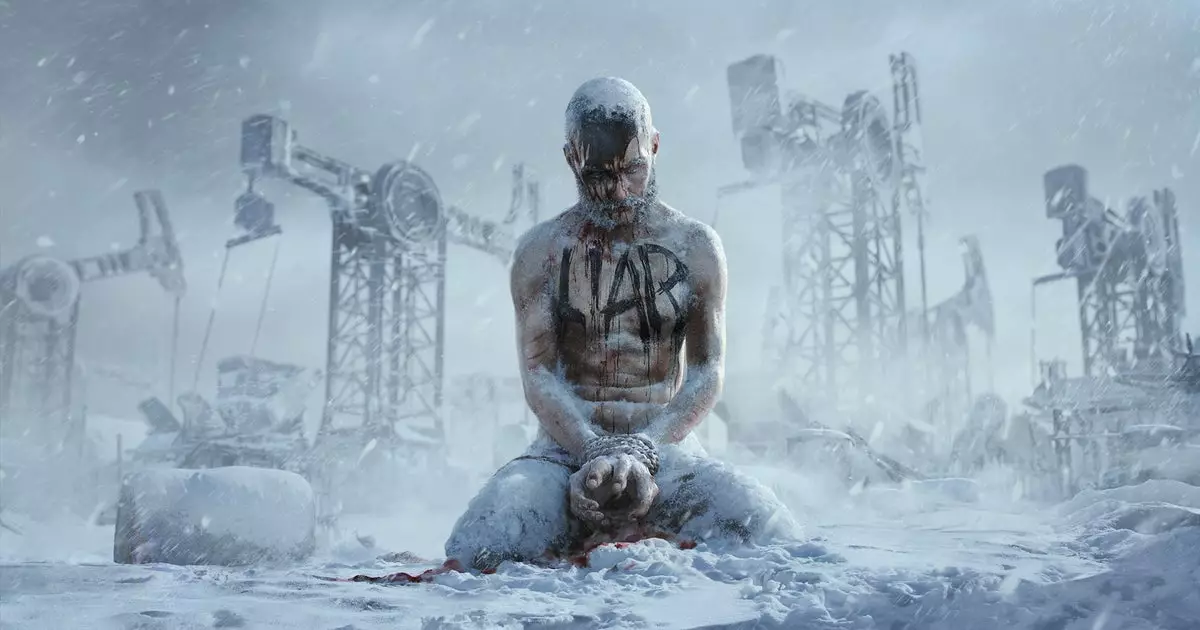The gaming industry, ever-evolving and adaptive, is not without its controversies and unexpected turns. The recent announcement from 11 Bit Studios regarding the cancellation of their internally dubbed Project 8 serves as a stark reminder of how sensitive game development is to both market dynamics and the unanticipated challenges that arise during production. This decision has not only left many curious about the future of narrative-driven games but has also triggered a ripple effect within the studio, ultimately leading to job losses for several of its team members.
11 Bit Studios has been a purveyor of deeply engaging games, known particularly for Frostpunk and This War of Mine, which heavily lean into narrative and emotional resonance. Project 8 was intended to expand this portfolio to console audiences. However, the studio’s leadership has hinted that the landscape for story-rich games is shifting, as evidenced by declining player enthusiasm. Przemyslaw Marszal, the president of 11 Bit, acknowledged the changing tides: “Our vision for Project 8, which was intended to be our first title designed specifically for console gamers, was bold and exciting… however, it was conceived under very different market conditions.”
This sentiment raises a significant concern. Are players moving away from the emotional and cognitive investments required by narrative-focused games in favor of more immediate or action-oriented experiences? The implications of this shift are profound, indicating a potential alteration in the industry’s very fabric. Developers must now safeguard their creations with greater consideration of evolving player preferences, prioritizing timely engagement and accessibility, which can starkly contrast the intricate storytelling approaches of the past.
Delving into the developmental journey of Project 8 reveals tumultuous circumstances that partly explain its demise. The COVID-19 pandemic has cast a long shadow over various industries, and gaming is no exception. Marszal explicitly noted the obstacles faced in stabilizing the development team during this global crisis. This instability hampered progress, even as developers made headway in certain aspects of the game. Yet, unresolved issues began to plague the project.
It became increasingly clear that the complexity of the game’s design necessitated significant additional funding and time. “During our last milestone review,” Marszal explained, “our findings revealed unresolved issues and challenges that would require further extensions… coupled with revised sales forecasts.” In other words, even as developers pushed for perfection, the realities of deadlines, budgets, and market expectations converged to create a daunting scenario that ultimately led to the project’s cancellation. The dwindling enthusiasm from gamers for such narrative complexities only exacerbated these challenges.
As a result of Project 8’s cancellation, a portion of the team faces the prospect of layoffs. While it is encouraging that over half of the affected members will be absorbed into new projects or existing teams, such a transition is often fraught with its own trials. For those remaining at 11 Bit, the looming uncertainty surrounding the future of narrative games can evoke a sense of disheartening anxiety.
Nevertheless, the silver lining rests in 11 Bit’s established breadth of projects, both past and forthcoming. With recent titles like Frostpunk 2 and the intriguing sci-fi concept The Alters in the pipeline, there exists a semblance of stability in the studio. However, as they pivot from a canceled game that once held great promise, 11 Bit must strategize and adapt to maintain their distinct brand identity while navigating the new waters of consumer expectations and evolving gaming trends.
As we bid farewell to Project 8, we must also spearhead a conversation about the future of storytelling within the gaming medium. Will developers continue to invest in narrative-heavy projects, or will market pressure drive them towards alternate gameplay styles? As trends fluctuate, the challenge lies in balancing artistic intention with commercial viability.
The cancellation of Project 8 serves as a cautionary tale etched within the gameplay industry. It invites us to reflect on the delicate interplay between story, gameplay mechanics, and player engagement. With the shifting dynamics of gaming, studios like 11 Bit face the daunting task of evolving alongside their audience while preserving the essence of what made their previous titles resonate. The fate of narrative-driven games hangs in the balance, and as the industry progresses, only time will reveal if this chapter closes or transforms into something new and exceptional.


Leave a Reply